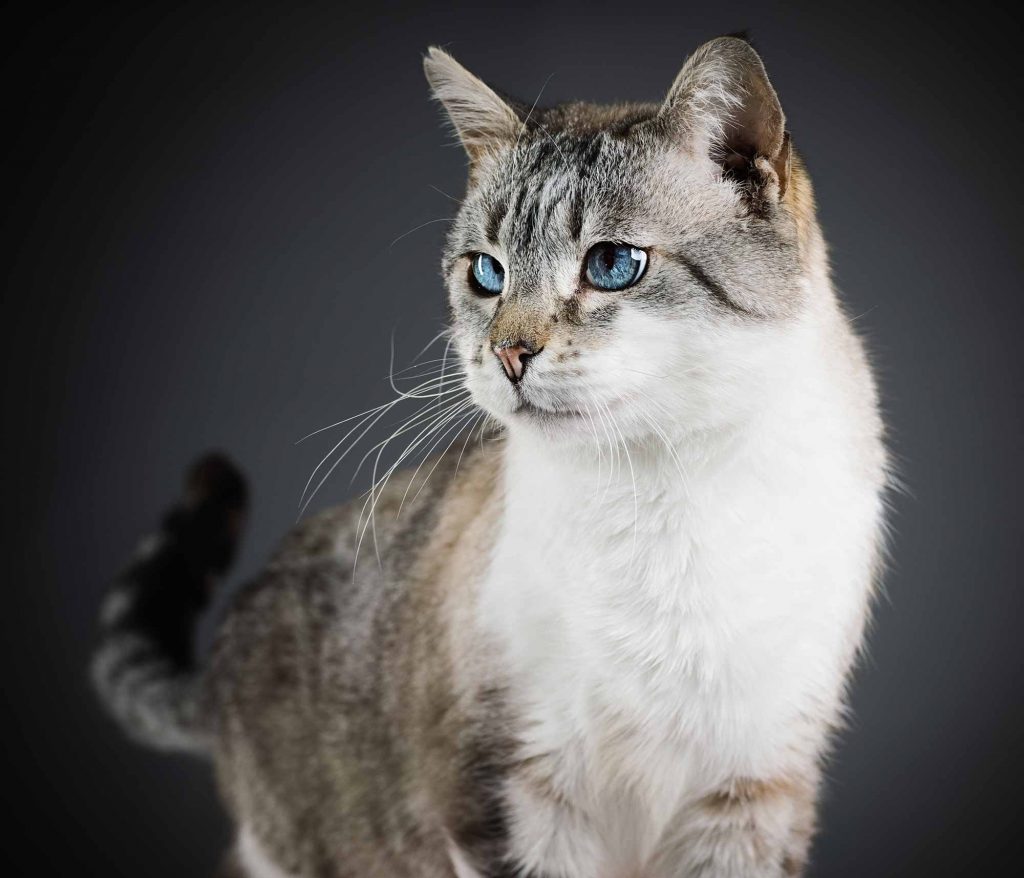What’s the Deal? Thyroid Problems in Pets
 For most of us, the thyroid is one of those mystery organs. We all know it exists, but the average person has very little idea what it does or where in the body it can be found. Just as in people, though, the thyroid gland can wreak havoc on the health of our animal friends. Thyroid problems in pets are not uncommon and something animal lovers everywhere need to understand a bit about.
For most of us, the thyroid is one of those mystery organs. We all know it exists, but the average person has very little idea what it does or where in the body it can be found. Just as in people, though, the thyroid gland can wreak havoc on the health of our animal friends. Thyroid problems in pets are not uncommon and something animal lovers everywhere need to understand a bit about.
Thyroid Basics
The thyroid gland in people, cats, and dogs shares many similarities. This bilobed gland that resides in the neck region is an integral part of the endocrine system. The endocrine system is the body system that is responsible for hormone production. Other integral players include the adrenal glands, the pituitary gland, and the sex organs (ovaries or testicles).
The thyroid gland produces hormones called thyroid hormones. These hormones are largely responsible for the regulation of metabolism.
The production and function of thyroid hormones can be a little more complicated to assess than just a simple measurement, and many times we must measure several thyroid-associated values to get a gauge on your pet’s thyroid gland.
Commonly measured thyroid-associated values include:
Total T4 (TT4) – Levothyroxine is the main hormone produced by the thyroid gland, but it is not directly metabolically active. It is typically easy and inexpensive to measure, but can be affected by many other things going on in the body and is not always an accurate assessment of overall thyroid function.
Free T4 (fT4) – Free levothyroxine is less affected by other factors and is often a more telling factor in overall thyroid health. It is more involved to measure this value, however, and so it is not always used as an initial test.
T3 – Liothyronine, or T3, is produced directly by the thyroid gland. It is also made by other tissues as T4 is broken down.
TSH – Thyroid-stimulating hormone is produced by the thyroid in response to the pituitary gland’s signal to produce more levothyroxine. Increased levels may be seen in pets whose levels are low due to an inability of the thyroid to produce enough T4.
Too Much of a Good Thing
If a pet makes too much thyroid hormone, his or her metabolism skyrockets. This condition, known as hyperthyroidism, is frequently seen in older cats. Dogs are not commonly diagnosed with hyperthyroidism.
Pets affected with too much thyroid hormone will typically exhibit:
- A ravenous appetite
- Weight loss
- Vomiting and/or diarrhea
- Hyperactivity
- Vocalization
- High heart rate
- High blood pressure
Untreated, hyperthyroidism can be quite serious. Routine blood testing can usually detect this condition if it is present.
Too Little, Too Late
When the thyroid gland produces too little hormone, the resulting condition is known as hypothyroidism. This condition is fairly common in dogs, especially medium to large breeds who are middle-age and older. Cats are infrequently hypothyroid.
The lack of production of thyroid hormone results in some fairly characteristic symptoms. These often include:
- Decreased activity level/lethargy
- Unexplained weight gain
- Hair loss/increased shedding
- Dry skin
- Recurring skin infections
- Cold intolerance
If we suspect that your dog could be hypothyroid or is at risk for hypothyroidism, we may recommend blood testing to further investigate.
Managing Thyroid Problems in Pets
Thyroid problems in pets are common, but thankfully they are typically very treatable. If your pet is diagnosed, the doctors at The Whole Pet Vet Hospital and Wellness Center will work with you to find an effective treatment for your animal’s individual situation.
Dogs who are diagnosed with hypothyroidism often need to take some sort of synthetic thyroid supplement monitored with blood testing. Pets, especially those whose thyroid function is borderline, have also been know to benefit from herbal supplements and/or acupuncture.
Cats who are hyperthyroid may need medications to dampen thyroid hormone production, or may be referred for radioactive iodine treatment or managed with dietary changes. Some of these patients can also benefit from supplements or other alternative therapies, often in conjunction with more mainstream medicine in an integrative approach.
The thyroid gland is an essential part of your pet’s well-being, and knowing it is healthy and functioning appropriately is key. Please be sure to ask us if you have concerns about your pet’s endocrine function or questions otherwise. Your pet’s overall health is our top priority.
